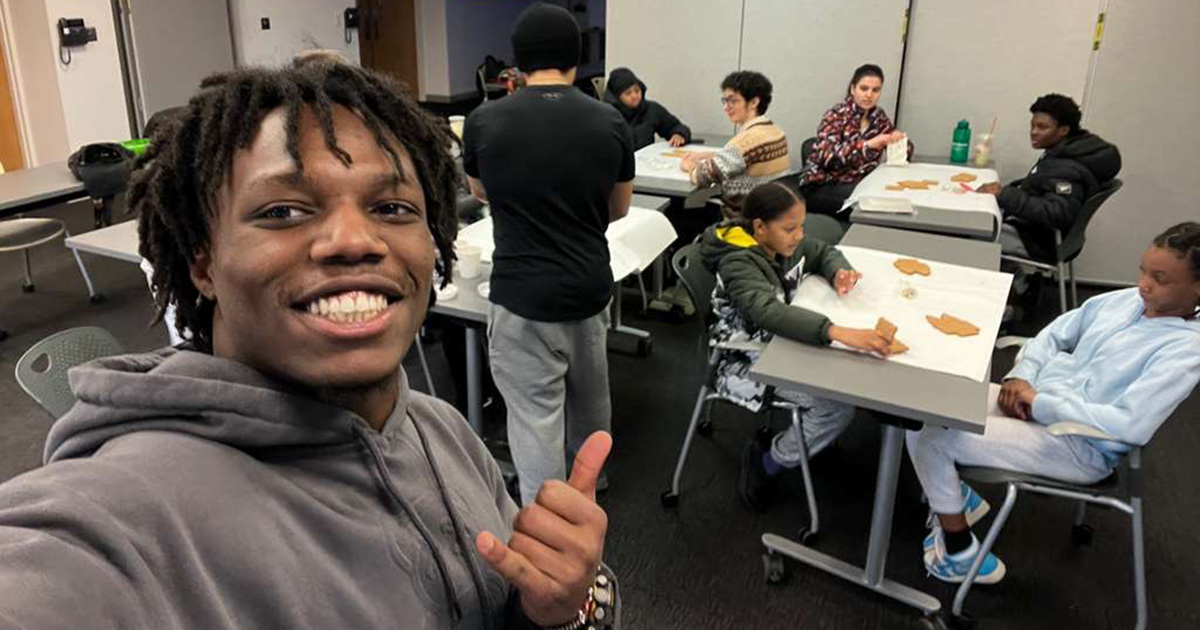Turning Points for Family Business

Family legacies are the stuff of great drama. From Euripides to Eugene O’Neill, playwrights, novelists, and filmmakers have plumbed the dynamics of family and fortune to examine human character. Merge these dynamics with that complicated institution called a family business and you have potential for epic conflict. And, the time that is most fraught with conflict is the transition of the business from one generation to the next.
The Successful Transgenerational Entrepreneurship Practices (STEP) Project brings issues of family-owned business into Babson’s curriculum. Assistant Professor Matt Allen’s first advice for understanding entrepreneurship in a family is this: Study the family before you study the business. Relationships of power, temperament, loyalty, and wealth will determine whether the enterprise remains in the family.
To illustrate the dynamics of transition, Allen cites scenarios showing a family legacy of entrepreneurship amounts to much more than children inheriting the business.
Scenario 1 – The Wrong Leader: “Often the person who is most interested in running the family business is not the most competent. So, the business may go to a son or daughter, and soon a crisis comes, and another sibling is forced to come back and take over. Imagine the hurt feelings! It doesn’t play out well.”
Scenario 2 – Doing Their Own Thing: “Many children choose to start a separate business, as opposed to going into the family business. Should they leave a career they’ve created? I know of a family that’s had five generations of business founders, yet not one of them has passed the business to the next generation—they were all sold or merged. Yet, this is absolutely family entrepreneurship.”
Allen poses a common variation on this: “What about the son who is not interested in the family construction business but goes into manufacturing? Or, the daughter who says, ‘I don’t want to do what my parents do. I want to do something different.’ They still leverage resources from the family. Capital sometimes, when the family business loans them money, or the family business might even take a stake in their startup. And, if not capital, at a minimum experience, consulting, business networks, and just the pure know-how of building a business because the mother or father has done it.”
Scenario 3 – The Surprise Choice: A businessman in Colombia had two sons. One was much more responsible than the other and had been more involved in the business. But, the second son was very creative, very dynamic. And, when it came time to choose who was going to take over the family business, the father chose the dynamic son. It was a shock to the family because everyone had expected the responsible one to take over. That son was devastated, and left the business. Yet, 10–15 years later, the son who was rejected ended up saying it was the best thing that ever happened. He ended up starting his own business and had become very successful in his own field. Finally he could see the reasons for his father’s decision … but it took years.
Scenario 4 – Convince Me: “The family business was a wholesale coffee plantation in El Salvador, and the child, a Babson student, built a plan for branded premium coffee as a class exercise. He asked his father’s advice and was told, ‘I’ll give you information, but no way we’re going to do this business.’ The student worked the idea back and forth for months, with Dad checking every step and staying negative. One day, the student received an email from his father containing the logo of a new coffee brand—the one he had proven was a viable business. He went home to build the product line which today is an award-winning small label coffee, made exclusively by the old family business.”
These and other transitions form a narrative as intriguing as great drama because families, like businesses, evolve and change through the years. The 19th century template that Junior will inherit the business from Dad is long gone. What remains is a business to be run. We’ll explore the ways families manage transition in further articles.
Posted in Entrepreneurial Leadership




